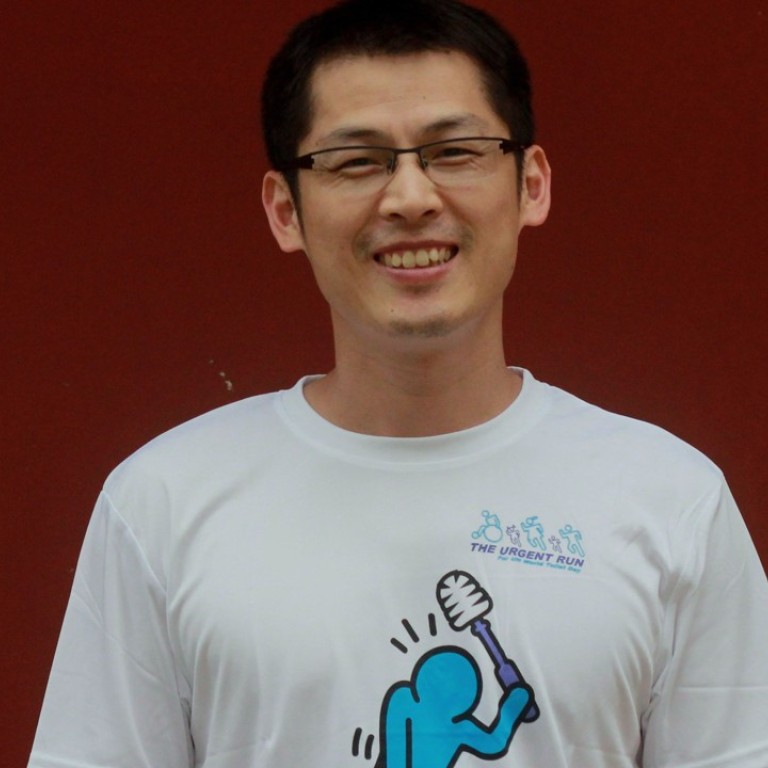
The man building a better today for China’s children – one toilet at a time
Bai Lin’s mission is to spare young people the sanitation horrors he endured as a child in rural China
It happened three decades ago but Bai Lin still remembers clearly the joy of the first time he used a flush toilet.
The 37-year-old China project manager with the Singapore-based World Toilet Organisation had been living with his grandparents in rural Henan and was reunited with his parents in the city of Luoyang.
Until then, going to the bathroom meant squatting over holes in the ground at home and school but in his new home the toilet flushed and the tissues were soft.
He no longer had to use newspaper – or worse – to wipe his bottom, or block out the stench of an open pit.
“My experience was of dry pits where you had to wipe yourself with bits of newspaper, at best. Mostly rural people would simply resort to lumps of dry earth,” Bai said.
At school, he and his classmates would squat over a row of holes about 60 centimetres apart and connected to a cesspit. There were no compartments and pupils shared facilities with their teachers.
“The stench was unbearable but the worst was the overflowing maggots that would crawl out from the holes in summer. It’s not the sort of thing you wish your next generation to experience,” he said.
“It is embarrassing but this is what I went through. You need to be able to talk about it before you can begin dealing with it.”
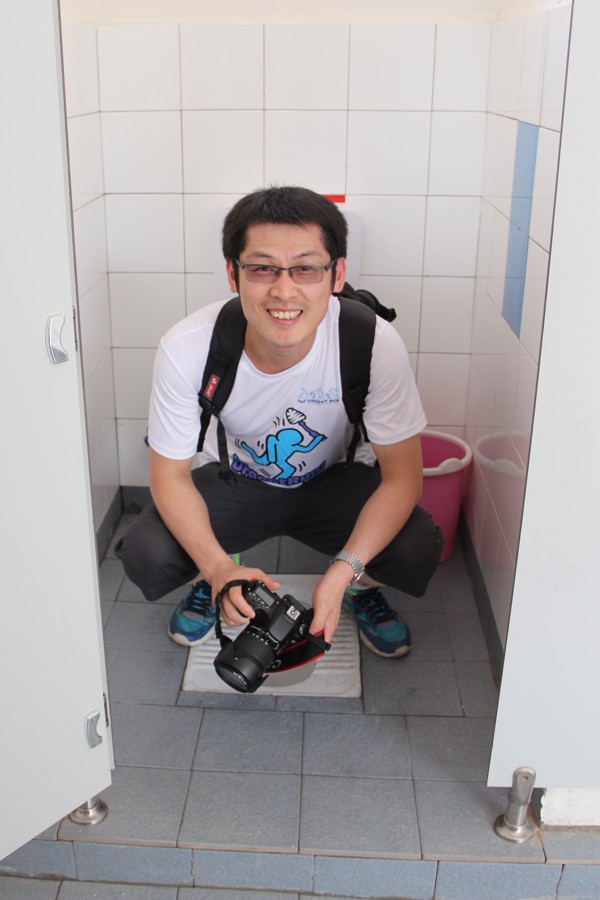
Bai’s mission now is to do everything he can to spare as many rural children as possible from his own childhood toilet horror. It’s also a point of national pride – for him, hygienic toilets are a hallmark of civilisation.
“Giving children access to good toilet facilities and an understanding of sanitation can speed up improvements in wider society,” Bai said.
It’s a mission that has also become a national priority.
The filth, stench and primitive conditions of many of China’s public toilets have long been a source of anxiety and horror for tourists from developed countries. So much so that in 2015 China launched a “toilet revolution” across the nation, a multibillion-yuan scheme to build and upgrade toilets, initially at tourist sites.
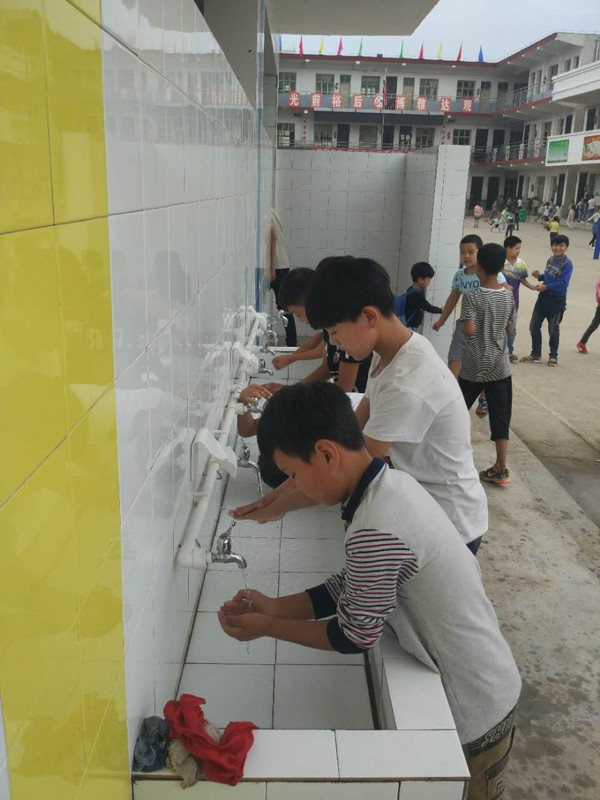
“Toilet issues are not petty matters but an important aspect of improving infrastructure in urban and rural areas,” state-run news agency Xinhua quoted President Xi Jinping as saying late last year.
As of last year, at least 68,000 public toilets had been refurbished, 20 per cent more than the original target, Xinhua reported.
The issue is more than cosmetic – the millions of people in China who don’t have access to clean, sewered toilets are vulnerable to a range of diseases, including cholera.
According to a joint research project by the World Health Organisation and Unicef, about 30 million people in China were forced to go to the toilet out in the open and fewer than 250 million – or 20 per cent of the population – had access to safely managed toilet facilities in 2000.
Conditions have improved since then – in 2015, nearly 562 million were using safely managed toilets and just 4.6 million were forced to defecate outdoors.
Bai and his organisation are playing their part in that drive.
The World Toilet Organisation works to raise awareness and advocate for toilet hygiene around the world, and Bai is part of its small team in China.
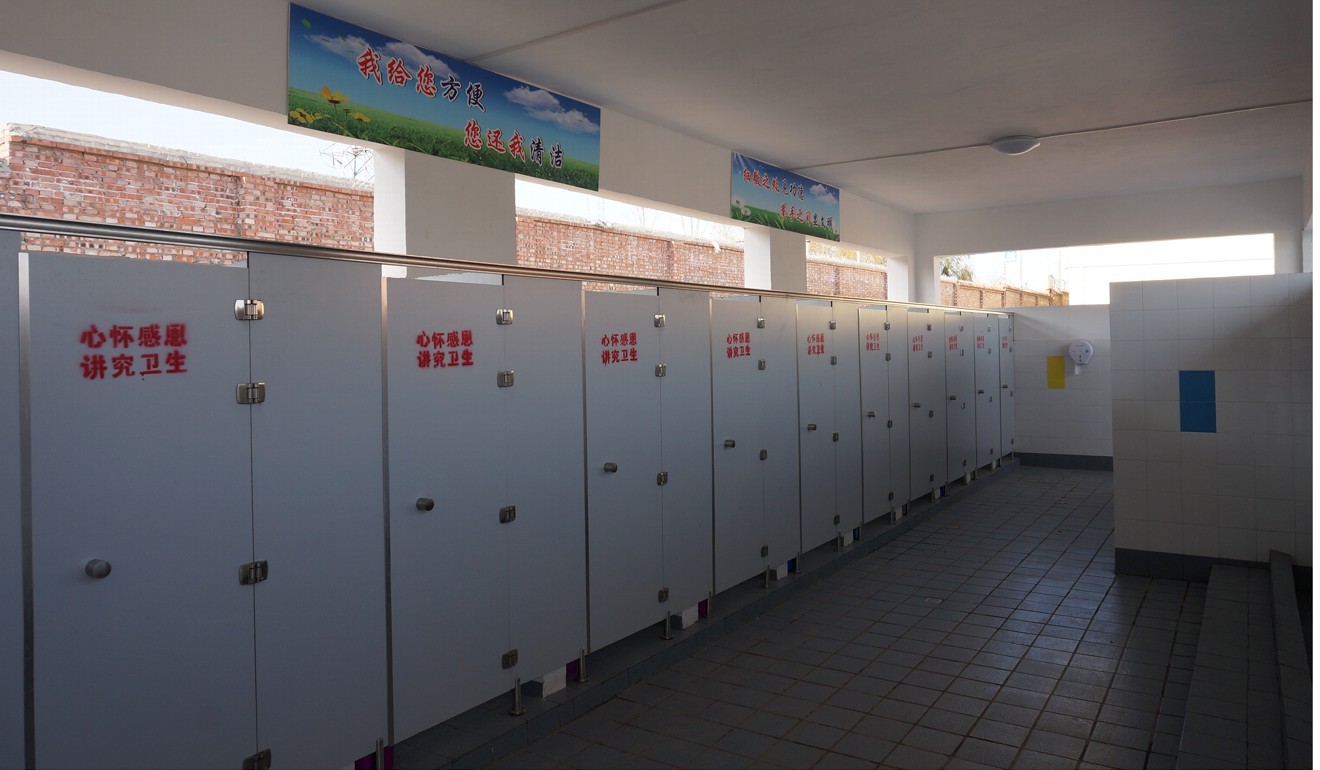
He joined the cause a few years ago while he was working in Singapore. Trained in marketing and international relations, Bai had spent much of his career in sales but he gave it all up after he was approached by a Singaporean Chinese businessman in mid-2014.
The businessman wanted to promote community awareness of better health and hygiene by encouraging people to quit smoking and stop spitting.
But Bai said he wanted to work on toilet hygiene because of his formative experience, and started researching the topic. Soon enough, the Rainbow School Toilet project was born.
Since then, the organisation has built modern, well-ventilated and sewered facilities at 11 schools in China and is partnering with Chinese charity leaders to crowdfund another 300 to 500 similar projects in the next three to five years.
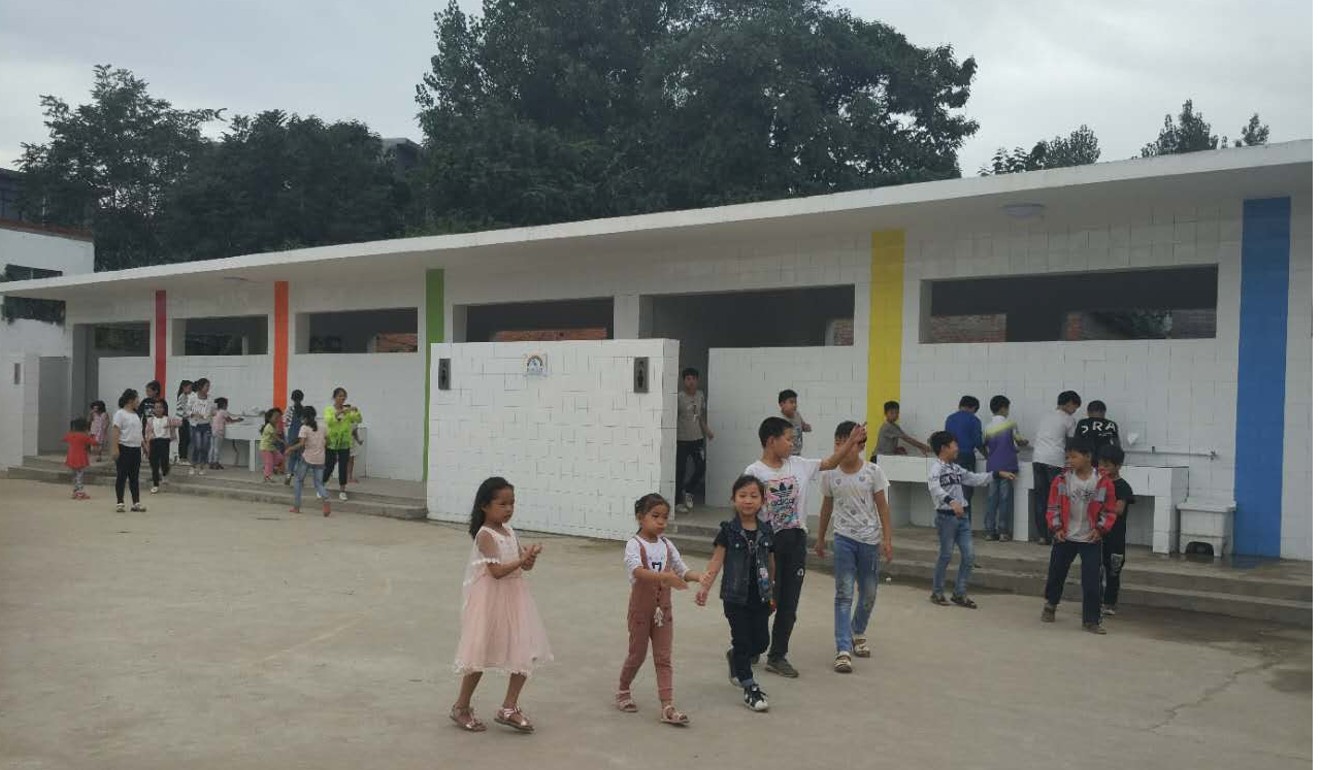
“We wish to set an example to raise awareness by appealing to Chinese education authorities to set up specific funding to improve infrastructure of Chinese school toilets across the country,” Bai said.
“When a child’s sanitation education is lifted, the impact is extended to the family and community as a whole.”
He said China’s economy might be growing stronger every day but the country still lagged far behind in sanitation.
“I feel there is something I need to do so that Chinese people’s toilet culture or Chinese toilets will no longer become a constant subject of criticism,” Bai said.
“Even until today, wealthier rural people might build fancy houses but the condition of their toilets is still quite poor. It’s about awareness and we need to start early with kids for the impact to last a lifetime.”

